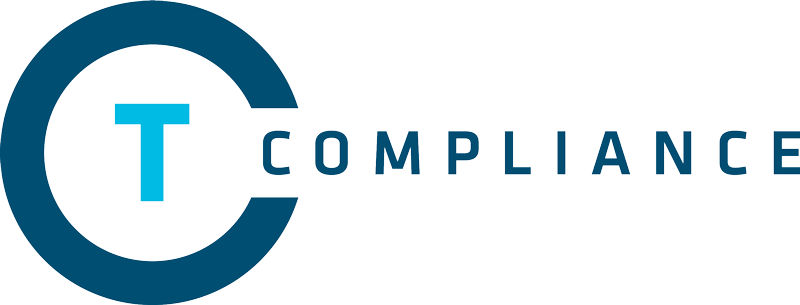
Details
Full Name: Pia Vining
Organisation Name: Tcompliance (Formerly TRACE Incorporation)
Job Title: Vice President
Duration with organisation 13 Years
Country of Operations: Global
1. Introduce yourself, and your organization?
I’m Pia Vining, Vice President of Tcompliance, a leading provider of widely benchmarked third party risk management solutions and compliance training. Tcompliance provides companies with risk-based due diligence and third party and employee training based on globally accepted best practices. We’ve conducted due diligence reviews and trainings in almost every non-sanctioned country.
2. Why is compliance so important?
In many cases, the private sector—and especially third-party intermediaries—is the first line of defence against corruption and other nefarious activity. Compliance also creates a level playing field for businesses so that no company is punished with loss of market share for doing the right thing: Everyone must comply with global anti-bribery laws.
A compliance program promotes ethical conduct within the company and reduces the societal costs of corruption, which devastates individuals and communities. It can also help to mitigate a company's liability if wrongdoing occurs.
3. What advice can you give to businesses about nurturing the right company culture when working in East Africa? What examples should they follow?
Making sure employees understand, at the very least, key concepts and compliance basics is an excellent starting point. But training is not a check-the-box exercise—it must be administered regularly and supported by a culture of compliance throughout the organization. Leadership should reinforce company expectations and compliance concepts, setting the “tone at the top.”
Tcompliance offers legally defensible online training options based on international standards for companies of all sizes. eLearning is available in up to 26 languages and is customizable to geographic markets and industries.
Companies should also monitor their third-party relationships by conducting the appropriate level of due diligence, exercising audit rights and requesting annual compliance certifications. The initial due diligence on a third party must be periodically updated because owners, employees and circumstances change.
4. How does your organisation benefit clients, such as Alamaya, that are working in Emerging and Frontier Markets?
Tcompliance offers a credential called Tcertification, a heavily benchmarked and comprehensive due diligence review, analysis and approval process. Through Tcertification, small- and medium-sized enterprises gain a valuable compliance credential that differentiates them from competitors and is widely recognized in the international business community. Tcertified companies receive a copy of their verified due diligence report to share with an unlimited number of existing and prospective business partners, often allowing them to avoid repetitive and duplicitous due diligence reviews. Tcertified companies are included in the Tcompliance Intermediary Directory, a publicly searchable database of potential business partners for multinational companies. Tcertification includes training for up to 40 employees on anti-bribery compliance using our multilingual eLearning course.
5. Do you believe East African intermediary companies and companies that represent other companies are integral to emerging markets and start-up businesses in East Africa? Why?
Third party intermediaries are often essential to the success of multinational companies and other investors in emerging markets. They know local business culture, regulations, customs and people. Many multinational companies, especially those exploring emerging markets, are more likely to partner with intermediaries that show they’re serious about anti-bribery compliance. Tcertification fulfils the due diligence requirements of most multinational companies.

